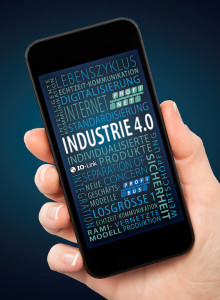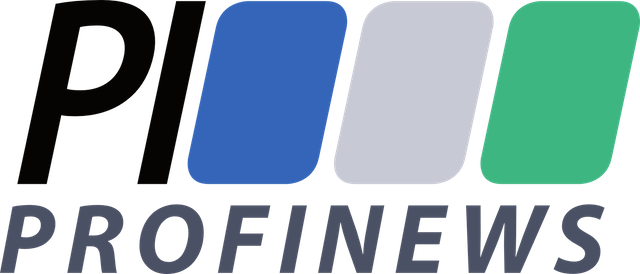It is already clear today that PROFINET, with its openness for TCP/IP and its standard Ethernet based technology, has a future-proof architecture that forms a basic prerequisite for Industrie 4.0. Evidence of this is given in the ARC white paper “How PROFINET and Industrie 4.0 Enable Information-Driven Industries”, which presents the background and motivation for the transformation of industry with possible solutions.
The growing challenges of industry, such as the need for shorter time-to-market and greater flexibility and efficiency, are not new and are not a surprise. Further technological developments such as digitization, cloud connection, and activities of standardization groups open up new solutions and new business ideas. All of these new solutions share a common requirement: availability of powerful, future-proof communication. Examples of this already exist today.
 Energy-saving production is only possible at a reasonable cost when switch-on/switch-off of energy and energy measurement can be easily implemented by a cross-vendor profile in the engineering phase.
Energy-saving production is only possible at a reasonable cost when switch-on/switch-off of energy and energy measurement can be easily implemented by a cross-vendor profile in the engineering phase.
- Besides the continuous device diagnostics, preventive maintenance (condition monitoring) of devices, machines and plant units requires easy “downward” penetration to comprehensive sensor data via IO-Link as well as a powerful communication path to the controller or an evaluation system.
- Plant availability can be increased by handling process data not only in the local controller but also by making it available to cloud applications for remote diagnostics and optimization. An open powerful communication, such as via OPC UA, is used for this.
Today’s solutions already have important properties for these applications. But it’s not just the requirements for transmission bandwidth and real-time capability that are increasing. The profiles available up to now with their semantics for operational data exchange will also be extensively expanded and standardized for the other phases of the life cycle of a device or plant. That can already be derived today from the results of the Industrie 4.0 platform.
PI will also approach these challenges in a proven manner. Users, manufacturers, and specification experts will advance the technology on the basis of real use cases. Of course, technologies such as TSN, IPV6, and OPC UA will be taken into consideration in the process and integrated suitably.
